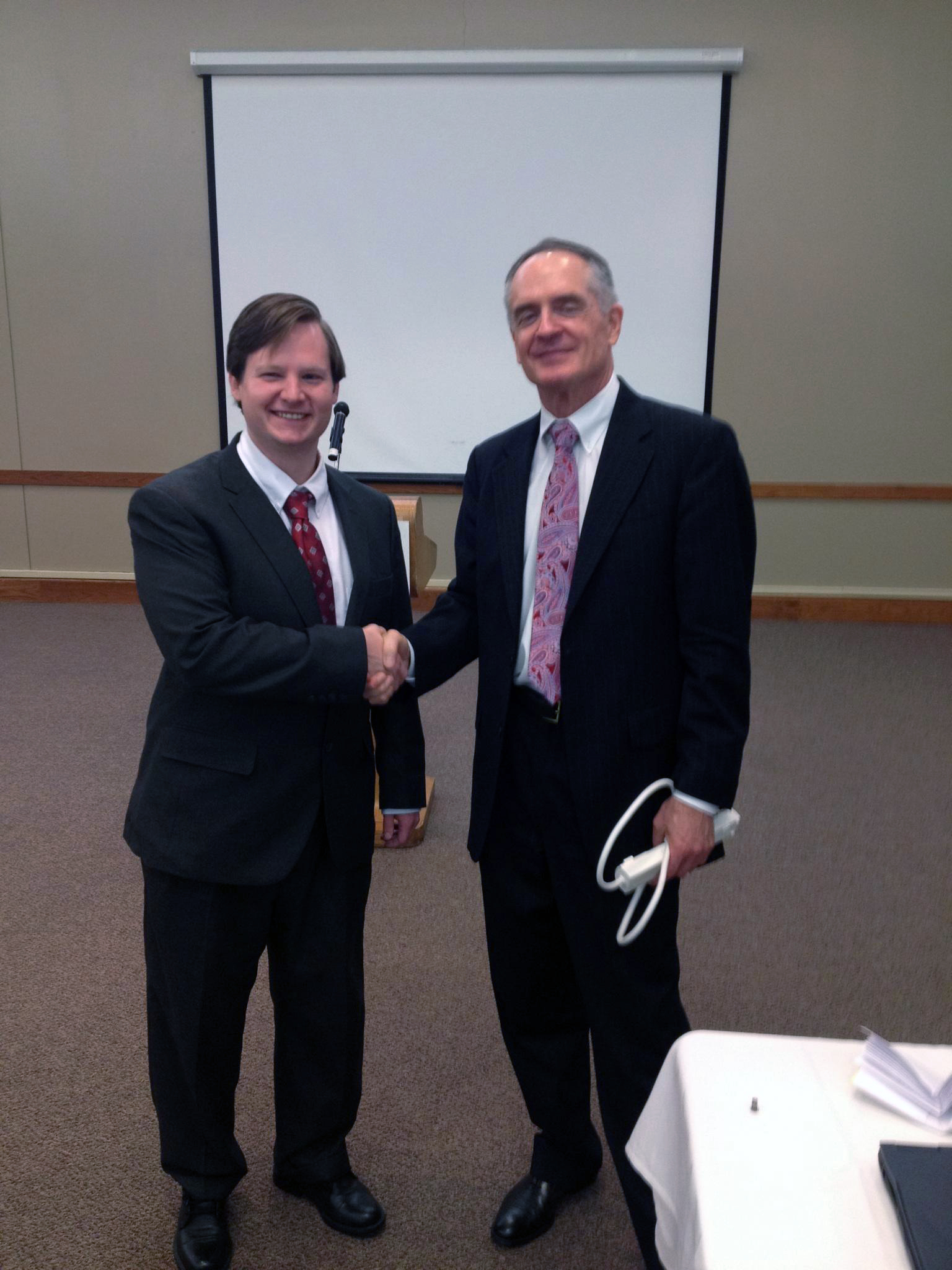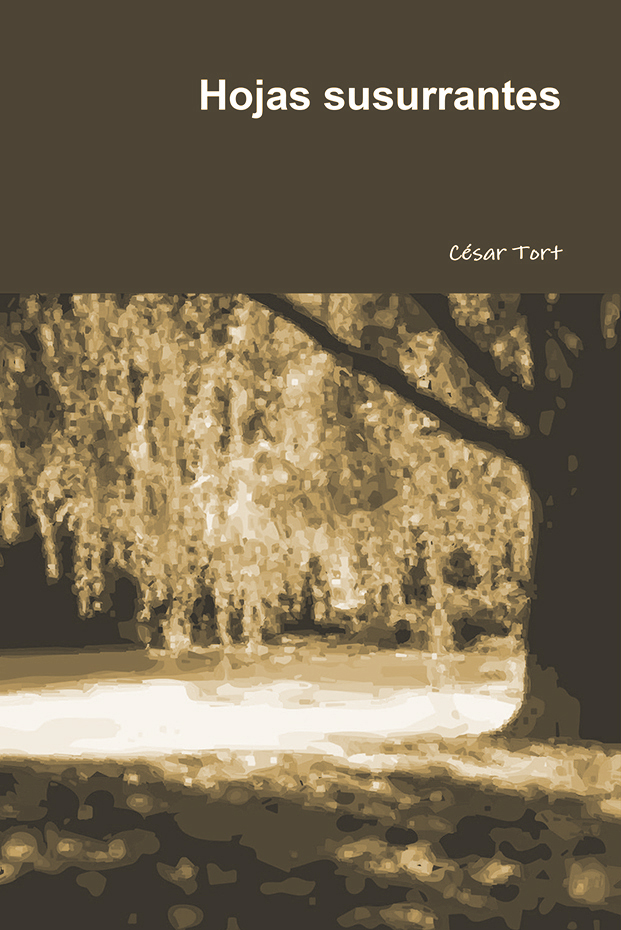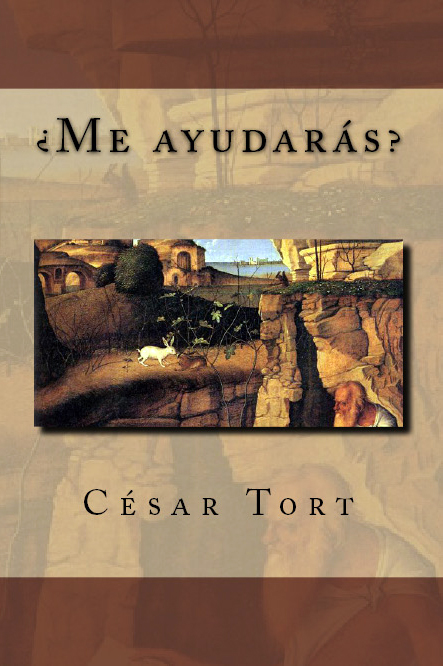
How Rome was raped by Jesus’s penis of the spirit, contracting a deadly virus
The Roman historian Tacitus wrote that the founder of the sect of Christians, Christus,
had undergone the death penalty in the reign of Tiberius, by sentence of the procurator Pontius Pilate, and the pernicious superstition was checked for a moment, only to break out once more, not merely in Judea, the home of the disease, but in the capital itself, where all things horrible or shameful in the world collect and find a vogue.
In the view of Tacitus, Christianity did not merely spread like a disease—it was a disease. As with Marxism, it originally appealed to the lower social classes. Writing sometime between 177-180 C.E., the Roman philosopher Celsus wrote of:
a form of belief harmful to the well-being of mankind. Taking its root in the lower classes, the religion continues to spread among the vulgar: nay, one can say it spreads because of its vulgarity and the illiteracy of its adherents. And while there are a few moderate, reasonable and intelligent people who are inclined to interpret its beliefs allegorically, yet it thrives in its purer form among the ignorant.
Christianity conquered from the bottom up. The new religion conquered by attacking the Roman principle that might made right. Impotent against Christianity contagion within the Empire, Seneca raged:
The customs of that most accursed nation [more exactly: most criminal nation, sceleratissimae gentis] have gained such strength that they have been now received in all lands; the conquered have given laws to the conquerors.
Seneca correctly described the victory of a memetic virus that injected its codes of law into hosts that reproduced it and spread it further. Attack by a disease or plague of God’s holy, blessed goodness has a parallel and precedent in the Biblical story of the ten plagues visited upon Egypt. Christianity was to the Romans what the ten plagues were to the Egyptians: a reflex of divine retribution in the name of God.
Jesus could be considered a “new Moses” only because there was a “new Egypt” to be delivered from. Rome was that new Egypt, and its victims would become the new Hebrews. The Jesus movement unified the motley slaves of all nations into a novel form of Judaism. Yet Christianity cannot be understood as only a spiritual revolution against the Roman Empire.
The tax collectors Jesus associated with were Jews who collected taxes from other fellow Jews. They often made their profit by charging extra (and thus breaking Jewish law). They were also popularly considered traitors for collaborating with Romans against their own people. Since tax collectors were considered impure for associating with gentiles in this way, Jesus may have associated with Jewish tax collectors out of a kind of identification with them. Does this mean that Jesus identified with Rome on some level? Instead of the justice of retaliatory revenge or even simple self-defense, Jesus proscribed what most Jews would consider unjust:
You have heard that it was said, ‘An eye for an eye, and a tooth for a tooth.’ But I say to you, do not resist an evil person…
The alternative to retaliation is turning the other cheek. Total forgiveness meant both forgiving his persecutors and forgiving the Roman oppression that provoked this dynamic. Salvation was for everyone; everyone including ultimate sinners such as Caesar himself—and Jesus himself. How could Jesus hold that his mother Mary should have resisted his evil Roman rapist father when it made the goodness of himself possible?
Long before Jesus was born, the Roman Emperor Caesar Augustus and his successors were called “the son of a god”. Far from being an inexplicable coincidence, Crossan and Reed explained:
Christians must have understood, then, that to proclaim Jesus as Son of God was deliberately denying Caesar his highest title and that to announce Jesus as Lord and Savior was calculated treason.
Worshipping Jesus as the “son of God” was tantamount to ejaculating Jesus’s spiritual seed right in the face of Caesar and Augustus.
Pilate, with or without realizing it, ultimately sanctioned the destruction of Jesus’s part-Roman blood. But what would the hypothetical acceptance of Jesus by the Roman aristocracy represent for their empire? Roman acceptance of Jesus would represent, not only a repudiation of the warrior virtues that made Rome, but a precedent and model of miscegenation that would spell the end of Rome as a kin selective order. And this is a central reason why the triumph of Christianity parallels the genetically maladaptive or un-kin selective disintegration of the Roman Empire. For the ancient Romans to accept Jesus as one of their own would have collapsed the sociobiological foundations of the pagan Roman Empire—and it did.
Edward Gibbon, well known for his negative appraisal of the empire crumbling effects of Christianity in The History of the Decline and Fall of the Roman Empire, wrote that the early Christians:
refused to take any active part in the civil administration or the military defence of the empire… it was impossible that the Christians, without renouncing a more sacred duty, could assume the character of soldiers, of magistrates, or of princes. This indolent, or even criminal disregard to the public welfare, exposed them to the contempt and reproaches of the Pagans, who very frequently asked, what must be the fate of the empire, attacked on every side by the barbarians, if all mankind should adopt the pusillanimous sentiments of the new sect?
Good news! Jesus has come to free you from the boundaries between Roman and barbarian that were a foundation for the struggle for imperial existence. What the Christian world inherited from Jesus was an ancient postmodernism that deconstructed the Roman Empire from within. At every point, the Kingdom of God offered the victims of Rome a binary ethical opposite against the Kingdom of Caesar. In the Christian discovery of the universal individual soul of infinite, God-given value, a thread was found, that when pulled, was able to unravel the entire Caesar-centered world.
The great Roman hierarchy was built on a central contradiction: the glorified selfish altruism of duty to Rome. Christianity worked by exposing this contradiction to Jesus’s radicalization of the ideal of altruism: consistent self-sacrifice unto the self-destruction of the ego. This was the seditious genius of Jesus. Christianity deconstructed the Roman hierarchy by pulling the thread of altruism loose from its conventional association with familial love and thus unraveled the whole structure as if a yarn from a knitted sweater.
The Kingdom of God was simultaneously and indivisibly both political and religious. The Kingdom of God could break all the sociobiological rules only by destroying kin selective altruism and the entire order of social rank emergent from a world ruled by selfish genes:
To destroy the house of the powerful
you must defeat the arms that protect it (i.e. Matt. 12:29).
The conquest of the Jewish homeland by the Roman war machine was a desecration of its religious-kin selective boundaries. The rape of Mary by a Roman soldier(s) was a desecration of Judaism’s religious-kin selective boundaries. If Jesus’s existence was God’s will, then this implied that God willed the overcoming of all sociobiological boundaries.
Jesus was only returning the favor with non-violent warfare that deeming the preservation of all sociobiological boundaries immoral. Positing itself as the ultimate good, early Christianity was the Trojan horse that opened the sociobiological boundaries of the Roman Empire from the inside out and from the bottom-up. This disarming and destruction of sociobiological barriers is of the essence of Christianity.
As Paul put it in his letter to the Galatians (3:28), “There is neither Jew nor Greek, slave nor free, male nor female, for you are all one in Jesus.” Paul’s evangelical mission focused, not on total Jews or total pagans, but those culturally between Jews and pagans. Both Jews and pagans were opposed to Paul, but gentiles attracted to Judaism became fertile missionary ground for early Christianity. Such persons reflected Jesus himself as the living border between Jew and gentile.
In the struggle for existence in a hostile world, it matters little whether one’s method of destruction is a machete or morality. Morality is a form of social control. It disarms seemingly stronger enemies of their own weapons from the inside. Jesus commanded the jihad of love against his enemies because love kills.
Just as the strength of Roman altruism made possible the vanquishing of the Jewish state, the strength of Christian altruism made possible the vanquishing of the declining Roman state. Just as Jesus was born through violation of the sociobiological boundaries of the Jewish state, Christianity was born through violation of the sociobiological boundaries of the Roman state. Just as Roman conquerors penetrated the territorial-sociobiological boundaries of the ancient Jewish state, the Jewish-based God memes of Christianity penetrated the ancient Roman world.
Jesus’s hatred for the family was also hatred of his Roman father for raping his mother and abandoning him to an orphan’s fate. The rape of Mary symbolized the larger Roman rape of the Jewish homeland. The spiritual penis of Jesus would rape Rome back and inseminate Rome with his love seeds just as his hated Roman father had raped his Jewish mother. After contracting the meme-virus equivalent of HIV, Rome would die of the cultural equivalent of AIDS as its sociobiological immune system was weakened beyond the capacity for resistance.
The imperial theology of Roman was a religion of rape. Rape of this kind stems from the logic of selfish genes. The “son of man” was greatest rapist of the sociobiological boundaries built by the selfish genes.
Jesus was the most insane spiritual rapist in history. He raped his own mind into faith that he was the son of God, and not the son of a Roman rape fiend. Yet he overcame the accusation that he a natural born rapist by sublimating his fate and becoming a truly God-like supernatural rapist. Jesus’s God-like spiritual penis raped the social boundaries of the ancient Roman world, inseminated that world with selfish memes that violated its sociobiological boundaries and, in doing so, gave birth to Christianity.
 I speak of this surrealism in ¿Me Ayudarás?, finally available from Lulu at a lower price than the prohibitive price that it was in Amazon. Yesterday a commenter suggested that if I am reproducing anti-psychiatric articles for this site, it should be a projection that I was unjustly committed in a psychiatric ward.
I speak of this surrealism in ¿Me Ayudarás?, finally available from Lulu at a lower price than the prohibitive price that it was in Amazon. Yesterday a commenter suggested that if I am reproducing anti-psychiatric articles for this site, it should be a projection that I was unjustly committed in a psychiatric ward. 







